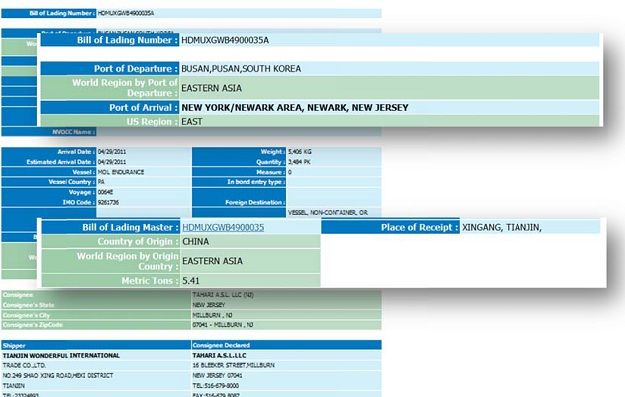Gearing up to crack down on false claims to FTA tariff treatment
The Korea Customs Service (KCS) announced it is proactively starting to prohibit third-party goods from falsely claiming Korean origin. This in expectation that false claims will rise as free trade agreements with the EU and the US come into force and extend preferential tariff treatment to Korean goods bound for those markets. The EU-Korea FTA is effective July 1. The US-Korea FTA awaits Congressional approval.
The KCS is establishing a new office to control illegal trans-shipments and plans to create a system to monitor each step in trans-shipping: entry, unloading, transportation, shipping, and departure. The focus will be on the companies involved with trans-shipment rather than individual shipments, with shipments of “at risk” companies subject to increased inspections. The KCS says it will share information about potential falsified origins with customs authorities from the EU and the US.
Trade fraud under cover of FTAs is a growing trend. Trade data can be a useful in bringing potential cases of fraud to light. For instance, import data can be used to benchmark trade patterns and subsequently spot shipments from atypical sources.
The Datamyne bill-of-lading data can be searched for records of cargos that were trans-shipped, as in this example of an apparel shipment that originated in China and was trans-shipped through South Korea (Busan) before arriving in the US (New York-New Jersey).




